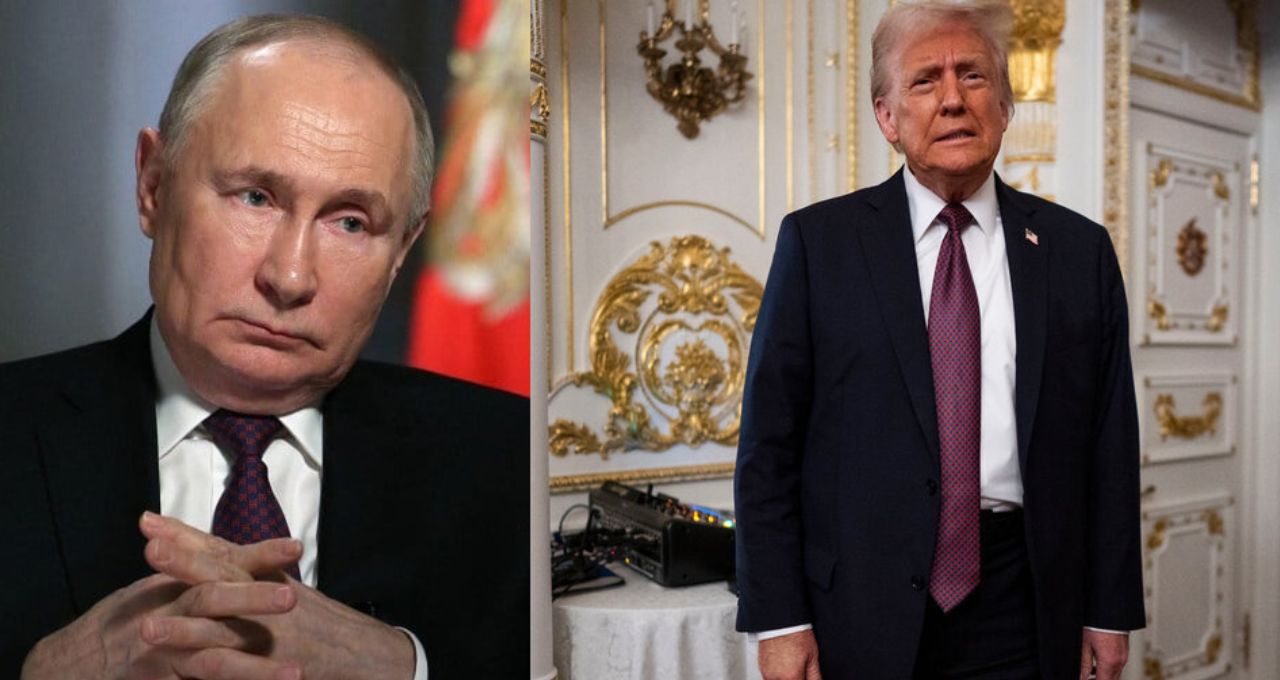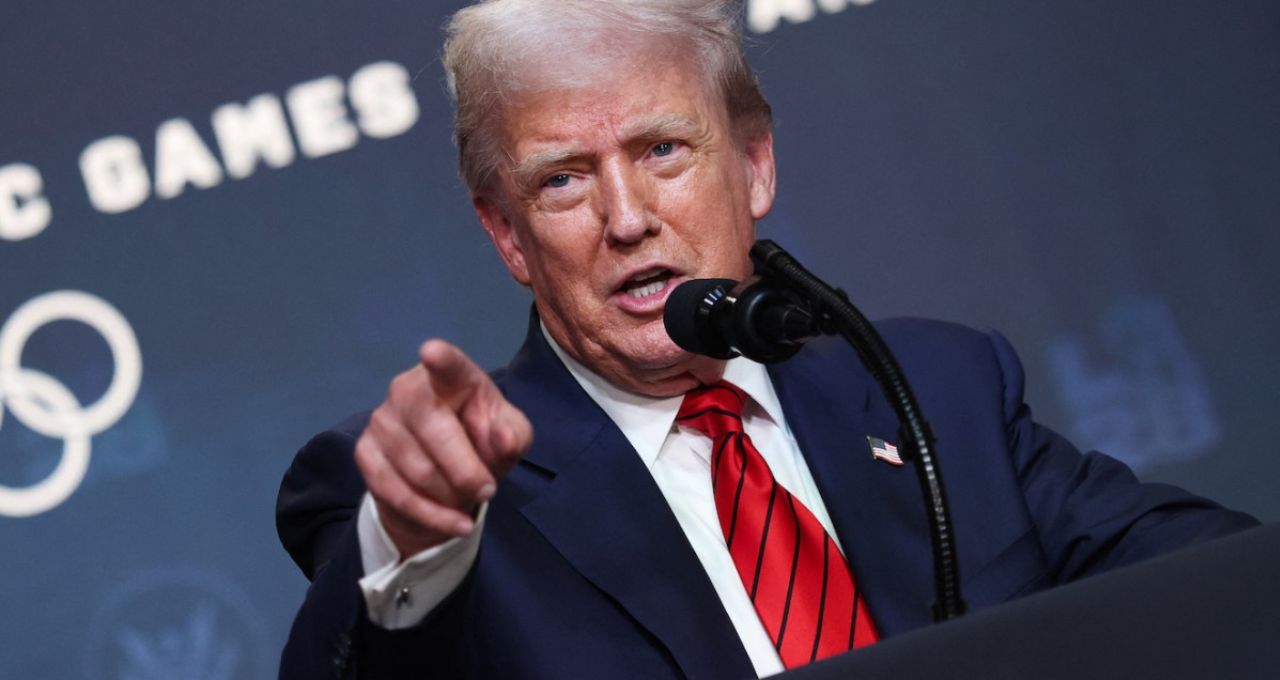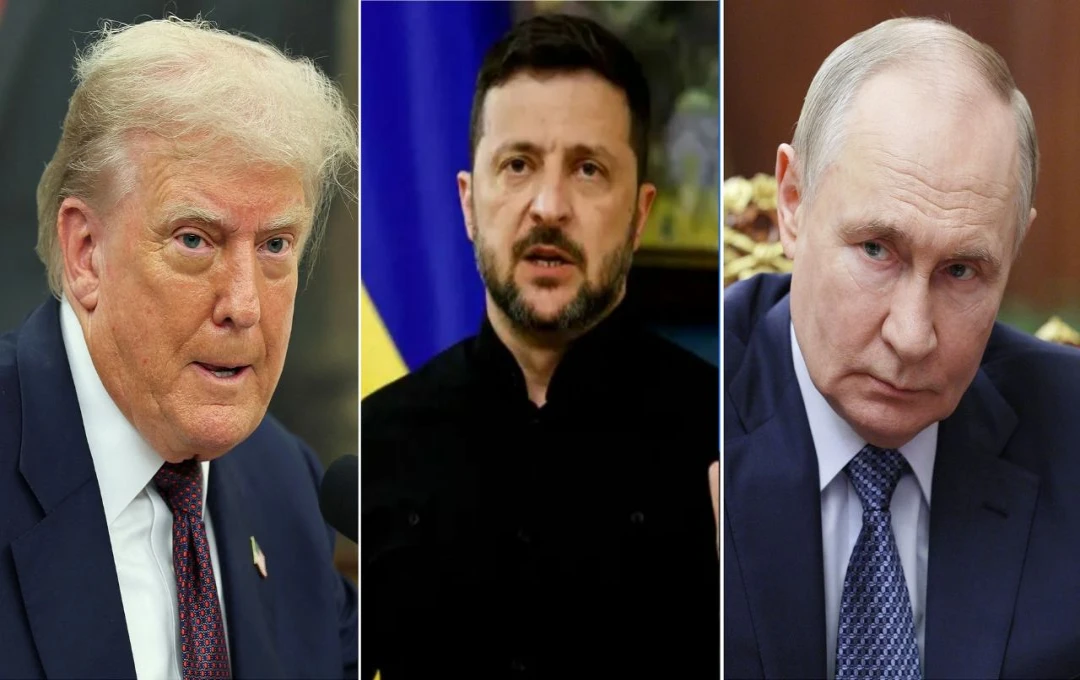A potential meeting between Putin and Trump will chart the course for resolving or escalating the Russia-Ukraine war. Their proposals and conditions will impact global security and economic conditions. A ceasefire appears challenging.
Russia-Ukraine War: Amidst the Russia-Ukraine war, the world's eyes are now focused on a crucial diplomatic meeting. A potential conversation between US President Donald Trump and Russian President Vladimir Putin is not only important for reducing tensions between the two countries, but it will also impact global security and the economic situation. In this meeting, Putin's conditions and Trump's moves could determine the future of the war.
Trump's Role and Intentions as a Peacemaker
Trump is currently trying to portray himself as a messenger of peace. His objective is twofold. Firstly, he hopes for the Nobel Peace Prize, which would strengthen his international image. Secondly, he aims to solidify his grip on American electoral politics. Trump wants to show that he is a leader capable of resolving global crises. Ending the Russia-Ukraine war peacefully could prove to be a major achievement for him.
Putin's Conditions and Russia's Demands

Putin's intention is not just a ceasefire, but he also wants to protect Russia's long-term interests. That's why some specific conditions are emerging. Russia wants the areas occupied in the war, such as Donetsk, Luhansk, Zaporizhzhia, and Kherson, to be internationally recognized as its sovereign territory. The 2014 annexation of Crimea will also be a matter of recognition. Russia demands that Ukraine remain neutral, i.e., not become part of NATO, and that there be a ban on the supply of heavy weapons. In addition, Russia wants a relaxation of the economic and financial sanctions imposed on it. Constitutional protection and autonomy should be given to Russian-speaking people in Ukraine.
Trump's Potential Response and Impact on the World
If Putin's conditions are not acceptable to the US, Trump's actions may become stricter. The US may impose new sanctions against Russia, especially in the banking, energy, and defense sectors. Advanced weapons and technical assistance can be provided to Ukraine. In addition, the European Union, NATO, and G7 countries can be further strengthened against Russia. Pressure may also increase on countries that support Russia, such as India, Iran, China, and North Korea.
All of this will also affect the global economy. Oil and gas prices will rise, leading to inflation. Troop deployments on NATO borders will accelerate, and strategic tensions may increase. On the other hand, Russia may also retaliate. It can stop energy supplies, increase cyber attacks, and strengthen its alliances with countries like China and Iran.
Ukraine's Stance and the Complexities of the Talks

The Ukrainian President has made it clear that they will not cede an inch of their land. This makes it clear that there are major challenges in the peace talks. Ukraine is fully committed to its territorial integrity. At the same time, Putin is also not in the mood to back down. In such a situation, these talks will not be easy.
America's Dual Challenge
The United States will also have to keep its allies in mind regarding Putin's conditions. European countries, especially those in Eastern Europe, will not like giving Russia control over the occupied territories at all. In an election year, it will also be necessary for Trump to take a tough stance. It is possible that the US may partially accept some conditions, such as a temporary halt to Ukraine's NATO membership. But it will be difficult to reach an agreement on permanent restrictions.










